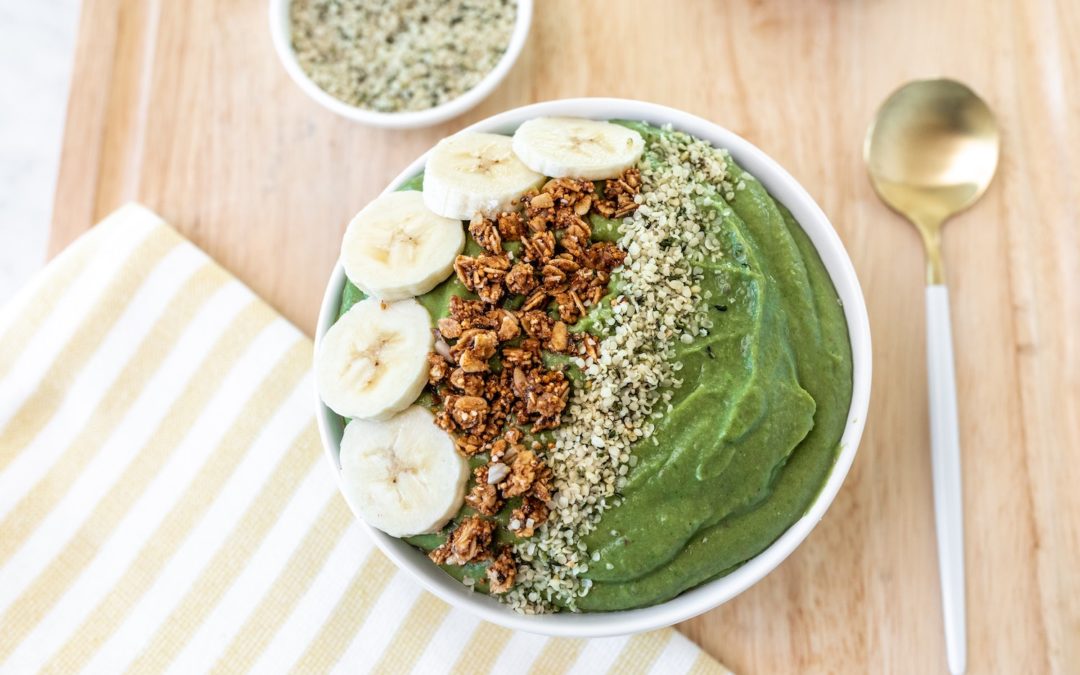A tough year behind us
I’m sure anyone reading this can agree that 2022 was rocky for so many people and there’s great relief that it’s behind us. And, as we all reflect on the past year many of us are thinking about how to make 2023 better. So we’re making New Year’s resolutions and health goals like exercising more, doing dry January, or cutting out sugar. Hopefully, anyone who has started these goals is feeling refreshed and accomplished. Or, if you haven’t started yet there are no rules that say you can’t jumpstart your health in February too. So, if you’ve been putting off your health for weeks, months or even years, it’s not too late to get going!
As for me, I am currently in what we in the autoimmune world call “a flare.” A flare is a period of time when you are managing autoimmune disease symptoms that were previously in remission. And, if any of you have ever gone through a flare or dug yourself out of a health hole (physical and/or emotional) then you know how much work it takes to get out. So, I figure that a flare plus a new year is a great time to reset my health.
Digging out
Anytime I’m trying to reset or am digging out of a hole I start with the basics—rest, movement, connection and nourishment. It sounds simple but, as you all know, when life is rough even the basics can be challenging to accomplish. To make this reset more successful for myself I decided to only do it for 30 days. This time frame feels manageable for me instead of overwhelming. But, it’s completely okay if a reset for you means reassessing after one or two weeks. Just remember that it can take two weeks to instill a new habit into our daily lives and once things are a habit, it seems so much easier.
6 Priorities
So, here’s my list of priorities for myself and anyone else trying to get out of a hole or reset in the new year:
- Rest. Prioritize taking a nap in the afternoon, even if this means your child gets too much screen time that day so you can rest. Set an alarm on your phone at 9:30 p.m. to remind yourself it’s time to turn off screens and head to bed. Schedule some bodywork as an extra way to recuperate such as acupuncture, massage, etc.
- Emotional wellness. Prioritize seeing a therapist regularly, check in with your best friend by text daily, write mantras on post-its and stick them somewhere you’ll read every day. Focus on the moment you’re in by turning your mind (over and over again) to be where you are instead of your mind being somewhere different than your body. Also, read more books, doom scroll less.
- Movement, fresh air and sun on your eyeballs as many days as possible. Get out and walk as fast or as slow as you need, take deep breaths of fresh air and enjoy the sun. All of which soothes the nervous system and supports healthy circadian rhythms for a more restful sleep.
- Laugh and have more fun! If you aren’t in a laughing mood try to change that by letting things be funny. Laugh out loud at the silly jokes on the show you’re watching or find a funny account to follow on socials. Even if you’re faking it, a real laugh might pop out at the absurdity of what you’re doing. Any laughter helps our minds be at ease and soothes our nervous system. Also, create more moments of fun—dance with your family after dinner, sing in the car, listen to a funny audio book or podcast while you pack school lunches.
- Decrease sugar intake and manage blood sugar. When we’re coming off the holidays, sugar cravings are over the top. If this is you, try not to beat yourself up about having sweet treats. Your body is going through a physiological reaction that causes extra cravings from all the holiday sugar. Instead, make intentional choices about what kinds of sugar you eat, how much and when, so your body can move through cravings and get back into balance. Do things like: replace the sweetener in your morning granola to honey or maple syrup, eat dark chocolate instead of milk and eat your sweet treat after lunch instead of before bed so it doesn’t impact your sleep. Finally, definitely eat cookies if you want, just make them at home so you can control the ingredients and so it’s not as easy as opening up a package or heading to the store to buy more.
- Focus on nourishing foods. For periods of time try to increase the foods that feel good to your body by adding them in throughout the day instead of focusing on eliminating food groups or starting a major diet. So, add vegetables to your eggs at breakfast, add some nut butter to your afternoon apple snack or scoop some collagen into your morning coffee. Set a goal for how long you can maintain these additions—even one week can help the body come into greater balance and feel better.
Right tool, right time
The first thing to notice is that both food related strategies are at the bottom of this list. This is purposeful, because we don’t have to eat perfectly in order to feel better. Nourishment is certainly a large part of feeling well physically and emotionally, but it’s important to recognize how much our lifestyle habits also play a large role. And, nobody has to do all of these things to get better. Choose what works for you, your goals and your family. To make changes that become habits takes effort and time. The trick is to not overwhelm yourself and to choose what is best for your body. It’s about building a tool kit and a team to employ when things get rough. You don’t have to do all of the things all of the time, but just know the right tool for the time you’re in. And, if you don’t know what the right tool is then start finding your team to help you.
Let’s find wellness together!


